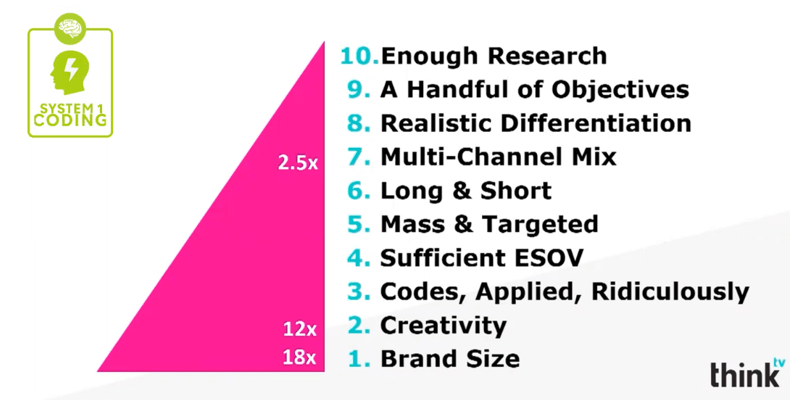By: Shea Posey, Senior Account Executive and Jake McKenzie, Chief Executive Officer
Every marketer, from time to time, is faced with the same question: is advertising risky? This was especially true in 2020 and 2021 as brands were forced to reassess fiscal responsibilities in response to COVID-19. Even going into 2022 and a still uncertain market, the question is a legitimate one. The answer, of course, is yes–ALL investments are risky, in both good economic times and bad.
The good news is that if you’re advertising, you’re already ahead of the game. As we discussed in Why Advertising Rarely Goes Wrong, even ad campaigns that “miss the mark” do not result in a decline in sales. In fact, Les Binet of WARC stated that “in nearly 30 years of research, we’ve never seen a single example of an ad campaign that was shown to have a negative effect on sales. Not one. And it’s hard to think of even anecdotal examples.”
So, how can all ad campaigns (even the bad ones) be successful? It has to do with a psychological principle known as the Mere Exposure Effect, which basically means that the more we’re exposed to something, the more we like it. The bottom line: the more you advertise, the more successful you become.
Considering this, the question shouldn’t be whether or not investing in advertising is risky, but rather how we can mitigate those risks by making our advertising pay for itself…and then some.
After assessing thousands of Effie Awards entries and coupling those findings with third-party research, industry wisdom and his own professional experience, marketing consultant Mark Ritson compiled a list of the top 10 drivers of marketing effectiveness.

Not surprisingly, Brand Size tops the list. Given what we know about how powerful the Mere Exposure Effect is, obviously the brands with the biggest advertising budgets run the most ads and yield the most results. However, there are a number of other things that an agency and/or creatives can do to help make things more effective, like applying psychology and incorporating those psychological principles in your marketing.
Give us a call at 833-579-1905 or email us at [email protected] to discuss how we can help you turn psychological insights into great creative advertising.